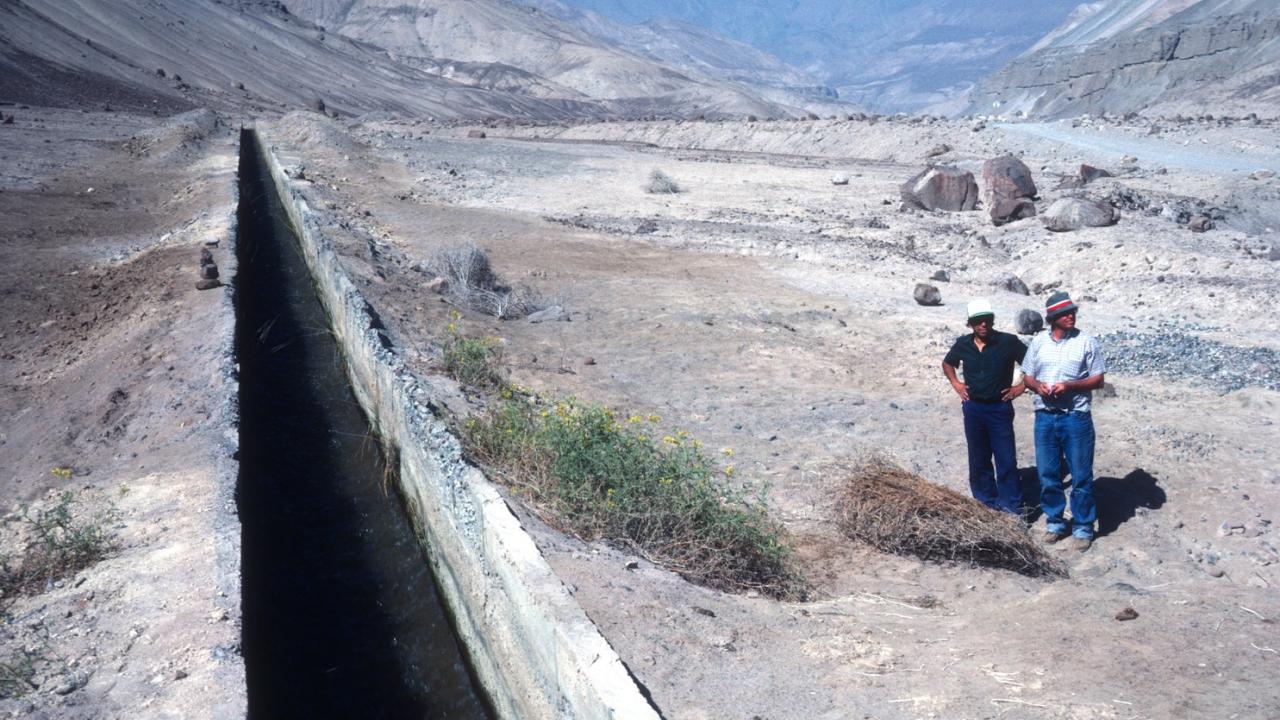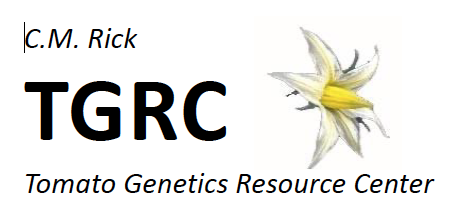
Miguel Holle, Authority on the Wild Tomatoes of Peru
Miguel Holle, a plant collector and horticulturalist who was an authority on the wild tomatoes of Peru, died April 11, 2023 in Lima, Peru. Few people knew the ecology and distribution of wild tomatoes as well as Holle, or collected as many local populations. His tomato field work began in 1970 when he joined Charley Rick and others on a collecting expedition in Peru. As Rick recalls in his memoirs, "We had fallen in with the most wonderful person, who was to be our friend, colleague, mentor, and most delightful travel companion, not only for these three months, but for many more trips and visits both in South America and in the US, and prospects for future adventures still continuing. Thus, by affiliating with Miguel, we may have experienced the luckiest break of our entire tomato chasing experiences!" That marked the beginning of a long friendship and collaboration between the two scientists to fill gaps in the existing germplasm collections and to understand genetic diversity within them. Holle would help lead several major collecting trips with Rick and colleagues, and also organized expeditions of his own. Taken together his efforts achieved a remarkably comprehensive sampling of wild tomatoes from their native habitats, with an emphasis on Peru, which he knew best, as well as Chile, Ecuador and Colombia. He also collected more far-flung tomato populations in Bolivia, Brazil, Costa Rica, Honduras and Panama. In all, Holle and his associates collected over 720 wild tomato accessions. We know that many of these historic populations have disappeared from the native region due to urbanization and agricultural intensification, making the collections preserved ex situ effectively irreplaceable.
In 1978 and 1979 he published a catalog of the wild tomatoes in each of the major watersheds of Peru, with maps showing collection locations, and notes on their ecology, habitat, and other useful information. These catalogs were published as appendices to the Tomato Genetics Coop. Report, and can be downloaded from the TGC website.
One of his most impactful collections is LA2963, a population of S. pennellii collected in 1988 from the Rio Majes watershed in Arequipa Dept., Peru. This accession has the advantage of being self-compatible and is relatively vigorous and easy to grow. By comparison, our other SC accession of this species, LA0716, is highly inbred and relatively weak. The genome of LA2963 has been sequenced (Schmidt et al. 2017) and a set of backcross inbred lines representing its genome in the background of cultivated tomato has been developed (Torgeman & Zamir 2023). Together these LA2963-derived resources will facilitate breeding and research with S. pennellii in the future.
Researchers who receive seeds from the TGRC are likely unaware of Holle's contributions. His field work helped expanded the TGRC's collection of wild tomato relatives, enlarging the genepool accessible to tomato breeders and helping establish the tomato clade as a powerful experimental system for studies of trait evolution. The tomato community owes a debt of gratitude to Miguel Holle.

Read this obituary of Miguel Holle for more information about his research and teaching career.
A few of Holle's noteworthy tomato papers:
Holle, M., Rick, C. M. and Hunt, D. G. (1978, 1979) Catalog of collections of green-fruited Lycopersicon species and Solanum pennellii found in watersheds of Peru. Rpt. Tomato Genet. Coop., 28-29; 49-78; 63-91.
Holle, M., Rick, C. M. and Hunt, D. G. (1997) Catalogo de las collecciones de tomates silvestres. Diversidad biologica del peru: zonas prioritarias para su conservacion, 116-.
Rick, C. M., Fobes, J. F. and Holle, M. (1977) Genetic variation in Lycopersicon pimpinellifolium: evidence of evolutionary change in mating systems. Plant Syst. Evol., 127, 139-170.
Rick, C. M. and Holle, M. (1990) Andean Lycopersicon esculentum var. cerasiforme: genetic variation and its evolutionary significance. Econ. Bot., 44, 69-78.
Rick, C. M., Holle, M. and Thorp, R. W. (1978) Rates of cross-pollination in Lycopersicon pimpinellifolium: impact of genetic variation in floral characters. Pl. Syst. Evol., 129, 31-44.
Rick, C. M., Kesicki, E., Fobes, J. F. and Holle, M. (1976) Genetic and biosystematic studies on two new sibling species of Lycopersicon from interandean Peru. Theor. Appl. Genet., 47, 55-68.
